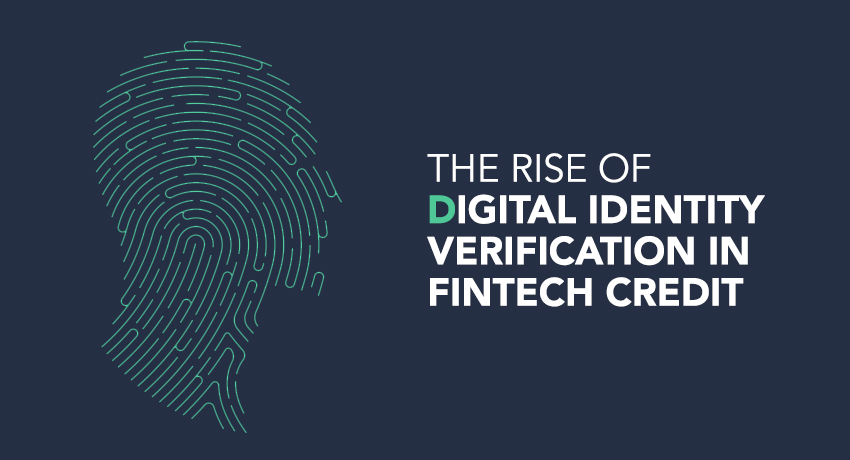The Rise of Digital Identity Verification in Fintech Credit

Digital identity verification has evolved as an important component of credit evaluation processes in the fast-paced world of financial technology (fintech). Traditional methods of verifying identities for credit applications, such as manual document checks and in-person verification, are time-consuming, error-prone, and out of step with today’s customer expectations. Fintech firms are utilizing cutting-edge technologies and digital solutions to revolutionize identity verification, thereby improving security, efficiency, and customer experience.
What is Digital Identity Verification?
A digital identification service is a process that allows consumers to securely access their financial and legal information. We can easily communicate and protect our personal and sensitive information by using identity verification services.

Advantages of Digital ID in Fintech and Online Banking
-
Exceptional Customer Service
Customers benefit from a seamless experience since digital identification verification simplifies and streamlines the credit application procedure.
Fintech companies may verify identities in seconds by leveraging technology like face recognition, biometrics, and artificial intelligence (AI), eliminating the need for clients to provide physical documents or visit a physical location. This frictionless experience improves client happiness and increases credit application conversion rates.
-
Improved Security and Fraud Prevention
Digital identity verification improves security and reduces the danger of identity theft and fraud.
Fintech companies can use advanced technologies to validate identification documents, identify tampering or forgery attempts, and undertake liveness checks to guarantee the person presenting the identity is physically present. These strong security measures safeguard both customers and lenders, lowering the likelihood of fraudulent activity in the credit ecosystem.
-
Access to Previously Untapped Markets
Credit availability to traditionally underserved populations, such as the unbanked and underbanked, could be expanded with digital identity verification.
Traditional credit assessments frequently rely on traditional credit bureau data, which excludes people who do not have a formal credit history.
Fintech organizations can assess creditworthiness based on characteristics such as payment history, income, and transaction patterns by leveraging alternative data sources and advanced analytics. This inclusion helps underserved people obtain credit and establish financial profiles, thereby promoting financial inclusion and economic empowerment.
-
Regulatory Compliance
Fintech firms operate in a highly regulated environment, and adhering to Know Your Customer (KYC) and Anti-Money Laundering (AML) requirements is critical. Digital identity verification systems assist in satisfying these compliance standards by automating identity checks, certifying document authenticity, and completing risk assessments. These digital solutions ensure that fintech organizations meet regulatory requirements, lowering compliance risks and increasing operational efficiency.
-
Scalability and Cost effectiveness
Manual identity verification techniques are time-consuming, labour-intensive, and not scalable. To handle increasing numbers of credit applications, fintech organizations require nimble and efficient solutions. By automating the verification process and eliminating the need for manual involvement, digital identity verification provides scalability and cost effectiveness. Because of this scalability, fintech firms can manage a larger volume of credit applications while keeping expenses under control.
Steps to Create a Trusted Digital Identity: –

Digital identity verification is altering the financial credit market by providing a transformational approach to identity verification.
Fintech firms are improving consumer experiences, tightening security measures, expanding loan access, maintaining regulatory compliance, and improving operational efficiency by employing sophisticated technologies.
The rise of digital identity verification is changing the way credit applications are processed, decreasing friction, increasing security, and promoting financial inclusion. As the fintech sector evolves, digital identity verification will remain a critical component in offering seamless and secure credit experiences for individuals and organizations alike.

